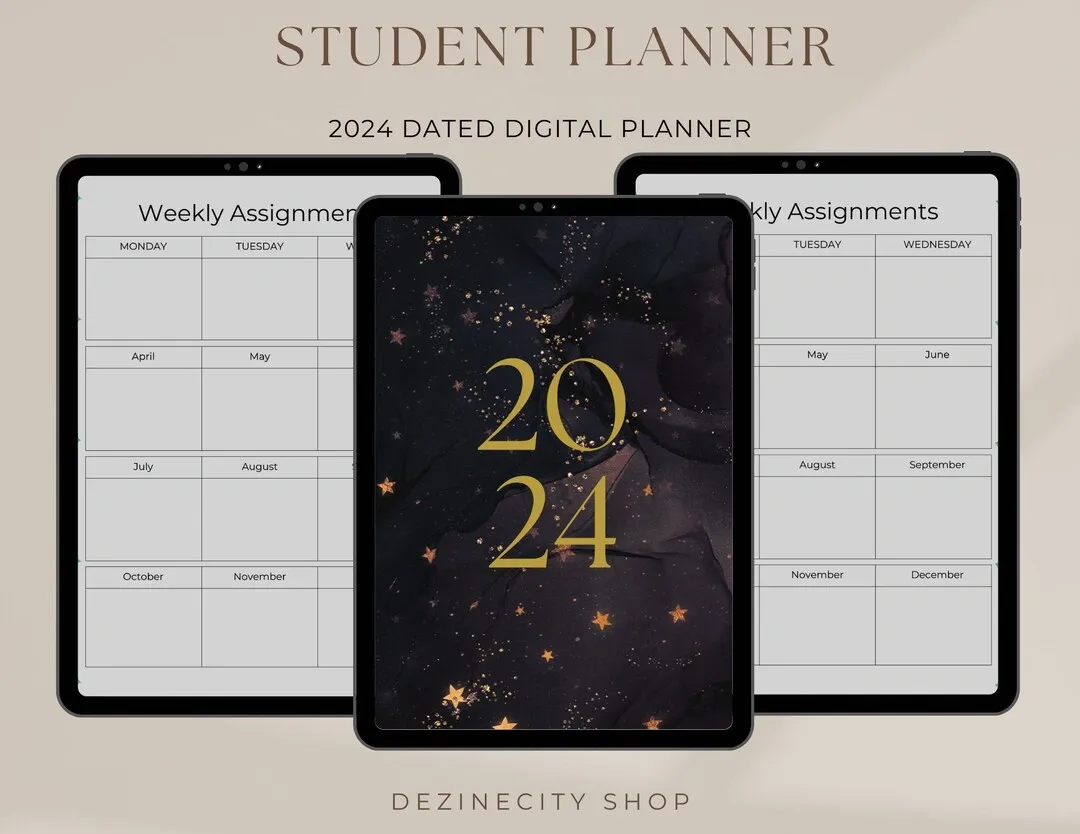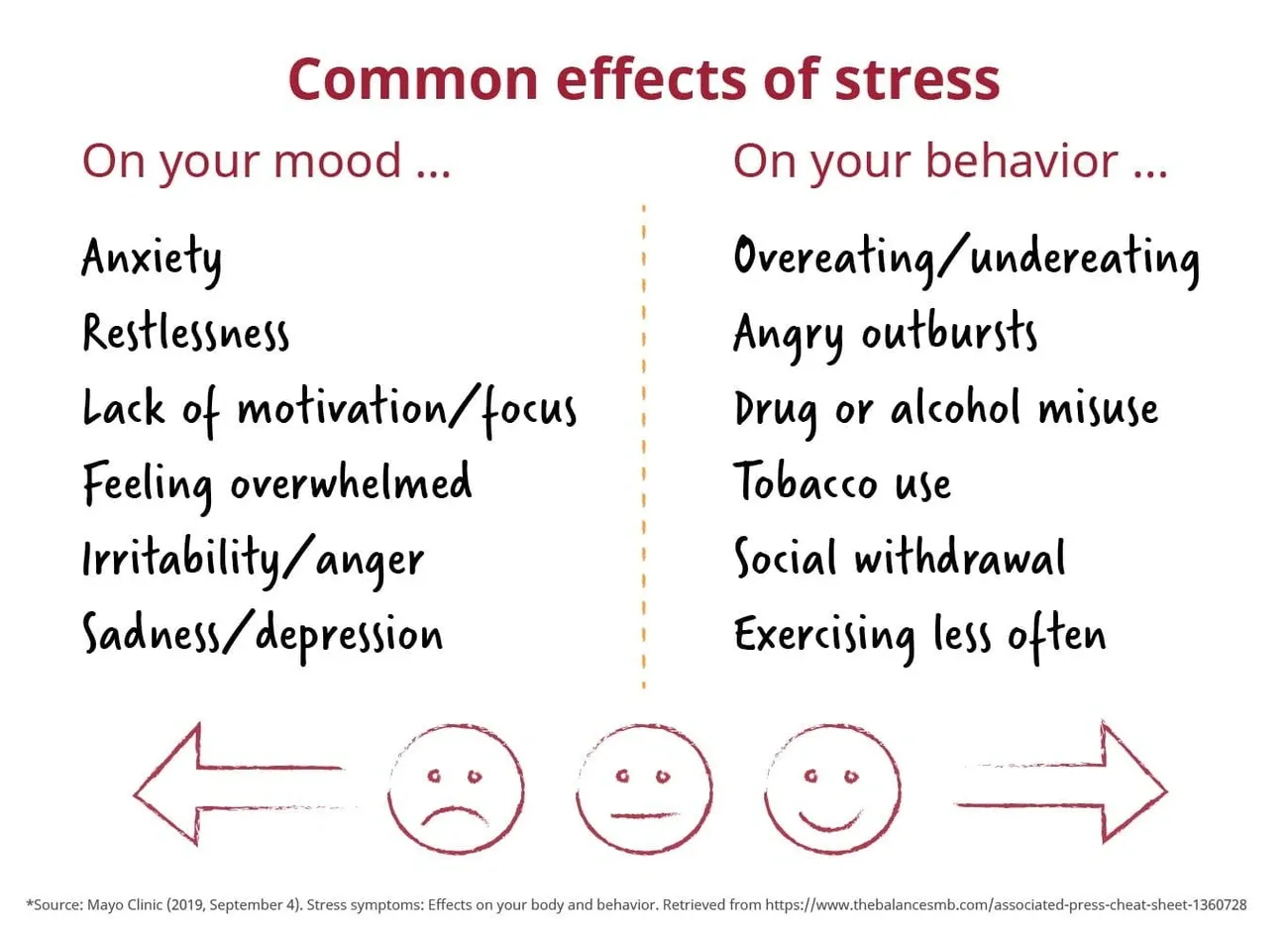What I Learned After Failing My First Semester: Essential Tips for College Freshmen
My first semester’s failure opened my eyes to essential tips every college freshman needs. The campus orientation painted an exciting picture of college life, but reality hit me like a brick wall. Research shows something comforting – feeling homesick is normal, and almost every college freshman goes through it at some point .
Starting college, I fell into a common freshman trap – thinking everyone watched and judged my every move. The truth dawned on me later – people are too busy with their own lives to constantly judge others around them . My freshman year taught me lessons that reshaped my entire college experience. The sort of thing I love sharing with new students is the value of orientation activities. Students who show up early and join these events often build friendships that last all four years . On top of that, simple strategies like regular class attendance and campus involvement instead of cramming too many courses can make all the difference .
Let me share my first-semester struggles and the advice that helped me bounce back. These tips come from real-life experience – from study habits that saved my grades to building a support network and maintaining self-care outside class. My hard-learned lessons could help you avoid the same pitfalls.
What Went Wrong in My First Semester
My college trip went downhill after my first semester because I didn’t understand what university life would need. Two mistakes stand out that other freshmen can learn from.
1. I underestimated the workload
The transition from high school to college academics hit me like a brick wall. Research shows a heavy student workload hurts academic success and promotes surface learning instead of deep understanding [1]. College classes needed more study hours with less structure and guidance than I expected.
My high school teachers reminded me about assignments and deadlines, but college professors expected me to handle everything on my own. I ended up cramming for exams and rushing through assignments. Studies show students in certain STEM programs are up to 22 percentage points more likely to fail all their exams in their first year [2] because they don’t plan their workload well.
The biggest problem affects many freshmen—academic difficulties cause approximately 30% of college freshmen to drop out before sophomore year [3]. I thought I could keep my high school habits while handling college-level work.
2. I didn’t ask for help when I needed it
My second vital mistake was refusing to seek help. My grades dropped, but pride stopped me from reaching out. Research shows that asking for help improves student learning and builds self-confidence [4]. Students get better grades when they reach out to instructors who welcome their questions [4].
I wasn’t alone—22% of community college students who’ve been enrolled for over a semester never meet with an advisor [4]. Students often hesitate to ask for help. They worry about looking weak, don’t have time, or think it means they’ve failed [4].
I learned that struggling isn’t weakness—it’s the first step to building new strengths and strategies for success [5]. Many freshmen face these challenges but hide it well. Everyone needs support sometimes, especially in a new environment like college [6].
These two mistakes taught me valuable lessons that changed how I approached college. Now I’m sharing these tips so other freshmen won’t fall into the same traps.
Academic Habits That Changed Everything

Image Source: Etsy
After failing my first semester, I knew I needed to make big changes. Three academic habits completely turned my college life around.
3. I started using a planner and calendar
My academic life changed when I committed to tracking my responsibilities. Studies show students who plan their time study more efficiently and score higher on cognitive tests [7].
The idea of writing everything down seemed unnecessary at first. But I soon found that keeping my schedule in my head just didn’t work in college. Missing one registration deadline taught me this lesson quickly.
Sunday mornings became my weekly planning time – a sacred 15-30 minute ritual [7]. I’d start by marking my fixed commitments like classes and work. Next came specific study blocks for each course based on my peak alert hours. Last but important, I added self-care time – something I used to ignore completely.
Pro tip: Pick a planning system that matches your style. Digital calendars syncing across devices or paper planners with color-coding both work great – just stick to what you choose [8].
4. I found my best study environment
The place where I studied made a huge difference in my learning. Research shows students in positive learning spaces have better motivation, engagement, and overall learning ability [9].
My ideal study conditions came from trying different spots. I learned I needed:
- Natural lighting (studies show it helps students score 25% higher than those in dim spaces) [9]
- Quiet surroundings (though some people like soft background noise) [9]
- A chair that supported good posture (better comfort means longer focus) [9]
Switching study spots now and then helped too. Research shows different environments can boost memory and concentration [10]. Skyline’s academic resources helped me figure all this out – they have great tools for planning and setting up study spaces.
5. I actually went to office hours
Office hours might be the most underused resource among college freshmen. I avoided them because they seemed scary, but they ended up saving my grades.
Office hours gave me personal help that matched how I learn best [11]. Building relationships with professors also led to recommendation letters and research opportunities [12].
I learned to bring specific questions to professors instead of vague worries. This made our time more productive and showed I was serious about improving [13].
Getting one-on-one attention helped me understand tough concepts and get feedback before turning in assignments. My grades improved right away [11].
Building a Support System on Campus
My college experience almost fell apart after a failed first semester. The relationships I built became the foundation that helped me bounce back.
6. I joined clubs and met new people
Campus organizations altered the map of my social life. Research shows students who are aware of more support services report higher rates of belonging at their college [14]. Students naturally form lasting friendships through campus clubs when they meet others who share their interests [15].
The Film Society connected me with weekly movie screenings where I found friends I still have today. A student’s experience showed that “The connections my peers guided me to helped me find my place and changed my whole experience in college for the positive” [16]. Your success can stem from just one meaningful connection.
7. I talked to my academic advisor regularly
My academic advisor became a crucial part of my support system. Studies show academic advisors help students determine educational goals and create steps to reach long-term objectives [17]. These advisors link students to resources like tutoring, counseling, and other campus services [3].
I avoided my advisor during my failed semester. Regular meetings helped me stay on track toward graduation and opened doors to campus resources I never knew existed [14]. Skyline offers excellent campus connection programs and academic advising resources that can help you build your own support network.
Students need a variety of advisors and mentors to feel more at ease with college life [14].
Taking Care of Myself Outside the Classroom

Image Source: UMass Global
My first-semester failures took a physical toll that I couldn’t ignore anymore. Everything got better once I started taking care of myself properly.
8. I learned to manage stress and sleep better
Lack of sleep almost ruined my college experience. Studies show half of college students feel sleepy during the day and 70% don’t get enough sleep [18]. My focus got much better after I stuck to a regular sleep schedule and stopped using screens before bedtime.
Sleep issues are second only to stress when it comes to things that hurt academic performance [18]. Just one extra hour of sleep made me feel happier and helped my brain work better [19].
Skyline’s wellness center offers great resources to help you manage stress and stay balanced during your college years.
Why health matters more than you think
You can’t deny how health and academic success go hand in hand. Students with better health habits tend to get higher grades [20]. When your physical health suffers, it becomes much harder to focus, stay energized, and tackle challenges [21].
The numbers tell a concerning story: 48% of college students deal with moderate to severe psychological stress, 53% feel lonely, and 26% have thought about suicide [22]. Taking care of yourself isn’t optional—it helps you handle changes, build relationships, and bounce back from setbacks [22].
Balancing social life and school
My success really picked up when I drew clear lines between work, school, and personal time. Time-blocking in my calendar helped me stick to these boundaries [23].
Club activities didn’t just make my social life better—they helped my grades too [2]. Note that getting involved on campus teaches you teamwork and program management skills that employers love [2].
The key is staying flexible—sometimes you need to focus on studying, other times your mental health needs more attention [1]. Finding this balance turned my college experience from a nightmare into something truly worthwhile.
Conclusion
College can feel overwhelming, but failure taught me lessons I couldn’t learn any other way. My first semester was a disaster, and it changed my whole approach to education. Simple changes like planning my schedule, finding the right study spot, and showing up to office hours turned my academic performance around completely.
On top of that, joining campus clubs and talking regularly with my academic advisor gave me the support system I needed badly. These connections didn’t just make my social life better—they became my lifelines when things got tough.
The biggest lesson was realizing that physical and mental self-care wasn’t optional. Better sleep, managing stress, and finding the right balance between study and personal time affected my grades and happiness directly.
That first failed semester hurt, all the same. The sort of thing I love about that experience is how it shaped who I am today. College isn’t just about learning facts—it teaches you about yourself, builds discipline, and makes you stronger. If you’re having a tough time now, it’s worth mentioning that asking for help isn’t weakness – it’s your first step toward building new strengths.
My experience from failure to success took time and wasn’t perfect. Every small change added up to create a different college life entirely. These lessons stick with you after graduation too. The planning habits, knowing when to ask for help, and self-care routines will help me throughout life.
Whatever stage you’re at in your college experience, note that setbacks don’t define you—they make you better. The strategies that turned my college life around can help you succeed in yours too.
FAQs
Q1. What should I do if I fail my first semester of college?
Don’t panic. Reflect on what went wrong and develop a plan to improve. Meet with your academic advisor to discuss your options, such as retaking classes or adjusting your course load. Consider utilizing campus resources like tutoring centers and study groups. Remember, many successful students have overcome initial setbacks.
Q2. How can I improve my study habits after a poor academic performance?
Start by creating a structured study schedule and sticking to it. Find a study environment that works best for you, whether it’s the library or a quiet coffee shop. Use active learning techniques like summarizing information and teaching concepts to others. Don’t hesitate to ask professors for help during office hours.
Q3. Is it normal to struggle during freshman year of college?
Yes, many students find the transition to college challenging. It’s common to experience homesickness, difficulty managing time, and adjusting to increased academic demands. Remember that most of your peers are going through similar experiences, even if they don’t show it outwardly.
Q4. How important is time management for college success?
Time management is crucial for academic success. Use tools like planners or digital calendars to organize your schedule. Prioritize tasks, set realistic goals, and allocate specific study times for each course. Learning to balance academics, social life, and self-care is a key skill that will benefit you throughout college and beyond.
Q5. What campus resources should I utilize to improve my academic performance?
Take advantage of tutoring centers, writing labs, and academic workshops offered by your college. Regularly meet with your academic advisor for guidance. Join study groups or find a study buddy to enhance your understanding of course material. Don’t forget about your professors’ office hours – they’re an excellent opportunity for one-on-one help.
References
[1] – https://www.aru.ac.uk/blogs/10-tips-for-balancing-academics-and-social-life
[2] – https://jedfoundation.org/resource/balancing-college-life/
[3] – https://admission.uky.edu/news/8-reasons-why-meeting-your-advisor-crucial-academic-success
[4] – https://ccrc.tc.columbia.edu/easyblog/the-importance-of-help-seeking-in-community-colleges.html
[5] – https://drexel.edu/counselingandhealth/counseling-center/students/adjustment
[6] – https://jedfoundation.org/resource/the-importance-of-asking-for-help-in-college/
[7] – https://www.niu.edu/academic-support/student-guides/using-calendars-and-planners.shtml
[8] – https://www.cn.edu/cps-blog/the-ultimate-study-calendar-how-to-organize-your-semester-for-peak-productivity/
[9] – https://www.ucas.com/connect/blogs/how-your-surroundings-affect-way-you-study
[10] – https://www.usa.edu/blog/study-techniques/
[11] – https://www.njit.edu/admissions/blog-posts/why-you-should-take-advantage-office-hours
[12] – https://www.collegeraptor.com/find-colleges/articles/tips-tools-advice/office-hours-in-college/
[13] – https://learningcenter.unc.edu/tips-and-tools/using-office-hours-effectively/
[14] – https://www.luminafoundation.org/news-and-views/student-supports-only-work-if-students-know-they-exist/
[15] – https://www.villa.edu/do-clubs-matter-in-college/
[16] – https://chconline.org/resourcelibrary/building-relationships-is-key-for-first-year-college-students/
[17] – https://www.sienaheights.edu/benefits-of-academic-advising/
[18] – https://pmc.ncbi.nlm.nih.gov/articles/PMC4075951/
[19] – https://news.web.baylor.edu/news/story/2023/sleep-better-live-better-improving-sleep-quality-can-lead-less-stress-and-improved
[20] – https://www.cdc.gov/healthy-schools/health-academics/index.html
[21] – https://online.lsu.edu/newsroom/articles/the-link-between-mental-physical-health-and-academic-success/
[22] – https://www.mentalhealthfirstaid.org/2025/03/seven-self-care-tips-for-college-students/
[23] – https://studentaffairs.okstate.edu/blog/balancing-school-work-life.html
